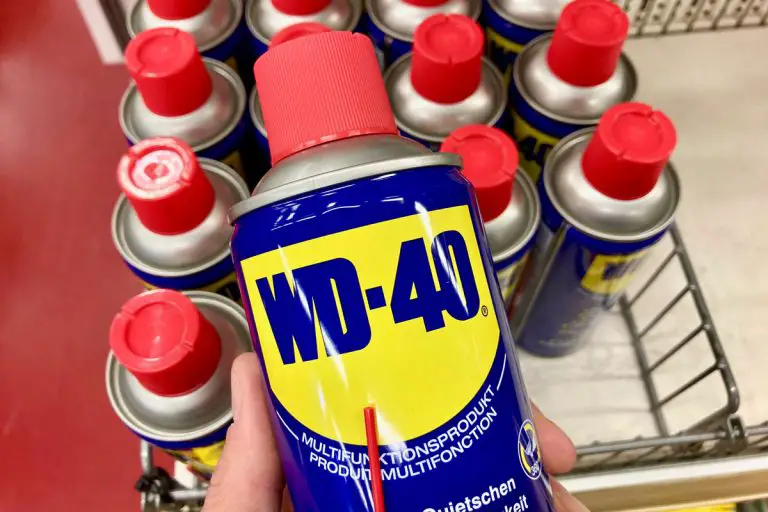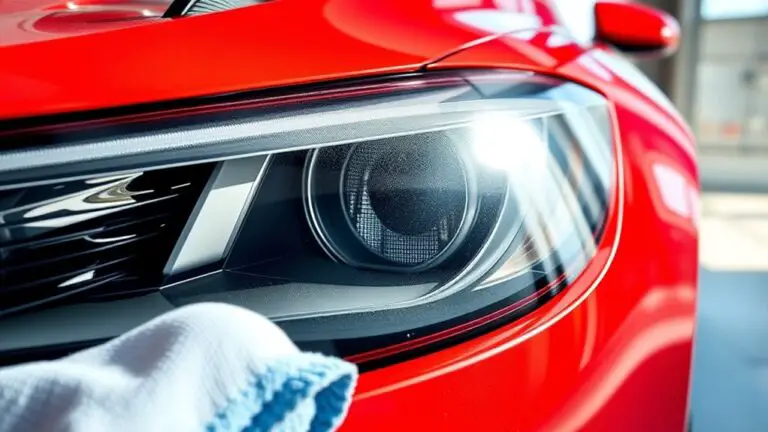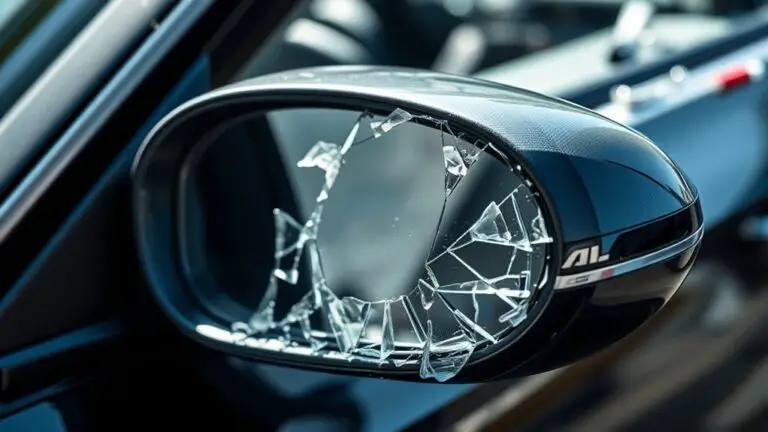How To Tell If Rims Are Aluminum Or Alloy? [Update 2023]
When it comes to identifying the material of your rims, it can be tricky to know the difference between aluminum and alloy. While both materials are lightweight and durable, there are some key differences that can help you determine which material your rims are made of.
Knowing the material of your rims can be important for a variety of reasons, such as determining the appropriate cleaning and maintenance methods to use or identifying if the rims need to be repaired or replaced.
In this article, we will explore some key factors to consider when determining if your rims are aluminum or alloy, as well as some tips for identifying the material of your rims.
Here is a link to Aluminum Rim on Amazon. If you want, you can buy it here at a low price.
How To Check Whether Vehicle Wheels Are Aluminum Or Alloy?
Aluminum and alloy wheels are both popular choices for vehicle rims, but they have different properties and require different cleaning and maintenance methods. Here are some ways to check whether your vehicle wheels are aluminum or alloy:
- Look for markings
Many manufacturers will stamp the word “aluminum” or “alloy” on the wheel. Look for these markings on the wheel face, backside or inner side of the spokes.
- Check the weight
Aluminum wheels are generally lighter than alloy wheels, so if you can lift the wheel with one hand and it feels quite light, it’s more likely to be aluminum.
- Use a magnet
Aluminum is not magnetic, while alloy contains some iron, so it will be slightly magnetic. Try running a magnet across the surface of the wheel to see if it attracts or repels. If it’s attracted, it’s probably not aluminum.
- Check for corrosion
Aluminum corrodes quickly when exposed to salt and moisture, while alloy is more resistant to corrosion. If you see signs of corrosion on the wheel, it’s likely to be aluminum.
By using these methods, you can determine whether your vehicle wheels are made of aluminum or alloy, which will help you choose the right cleaning and maintenance techniques for your rims.
Here is a link to Alloy Replacement Wheel on Amazon. If you want, you can buy it here at a low price.
Why Do Most Car Owners Prefer Aluminum Or Alloy Wheels?
Most car owners prefer aluminum or alloy wheels because they offer several benefits over traditional steel wheels. Here are some reasons why:
- Lighter weight
Aluminum and alloy wheels are much lighter than steel wheels. This reduces the unsprung weight of the vehicle, which improves handling and performance, and also increases fuel efficiency.
- Better heat dissipation
Aluminum and alloy wheels are better at dissipating heat than steel wheels. This helps prevent brake fade and reduces the risk of warping or cracking the wheel under heavy use.
- More attractive appearance
Aluminum and alloy wheels have a more modern and sleek appearance than steel wheels, which can enhance the overall look of the vehicle.
- Corrosion resistance
Aluminum and alloy wheels are more resistant to corrosion than steel wheels, which can help them last longer and maintain their appearance over time.
Does That Mean Steel Wheels Are Useless?
No, steel wheels are not useless. Steel wheels are still used on many vehicles and have some advantages over aluminum or alloy wheels. Here are some reasons why steel wheels may be preferred:
Durability
Steel wheels are more durable and resistant to impacts and potholes than aluminum or alloy wheels. This makes them a good choice for off-road vehicles or vehicles that are used in rough conditions.
Lower cost
Steel wheels are generally less expensive than aluminum or alloy wheels, which can make them an attractive choice for budget-conscious car owners.
Easy to repair
Steel wheels are easier to repair than aluminum or alloy wheels. They can be straightened or welded, which can save money compared to the cost of replacing the wheel.
Better in cold weather
Steel wheels are better at retaining heat than aluminum or alloy wheels, which can make them a better choice in cold weather or winter driving conditions.
What Type Of Rim Is Best For My Car?
The type of rim that is best for your car depends on your personal preferences and the driving conditions you typically encounter. Here are some factors to consider when choosing a rim for your car:
- Size: Make sure to choose a rim size that is compatible with your vehicle’s tire size. If you’re unsure what size rim to choose, consult your owner’s manual or a tire and wheel expert.
- Material: As previously discussed, aluminum and alloy wheels are generally preferred for their lighter weight, better heat dissipation, and more attractive appearance. However, steel wheels may be a better choice for vehicles used in rough conditions or for those looking for a more durable option.
- Style: Rims come in a wide variety of styles, from classic to modern. Choose a style that complements your car’s overall appearance and your personal preferences.
- Driving conditions: Consider the driving conditions you typically encounter. If you frequently drive in snowy or icy conditions, a rim with a smaller diameter and wider width may be more suitable to accommodate winter tires. If you frequently drive on unpaved roads, a steel rim may be more practical.
The best rim for your car will depend on your individual needs and preferences. It’s important to do your research, consult with experts if necessary, and choose a rim that will provide the performance, durability, and style you desire.
Is There A Difference Between Aluminum And Alloy Rims?
Yes, there is a difference between aluminum and alloy rims, although the terms are often used interchangeably.
Aluminum rims are made entirely of aluminum, while alloy rims are a combination of aluminum and other metals such as nickel, magnesium, or copper. Alloy rims are generally stronger and more durable than pure aluminum rims, which can be more prone to cracking under stress.
Alloy rims also tend to be more lightweight than pure aluminum rims, which can improve a car’s handling and fuel efficiency. They are also less prone to corrosion and can be designed with more intricate and attractive styles.
However, aluminum rims can be less expensive than alloy rims and are still a popular choice for many car owners. They are generally easier to repair than alloy rims and can be more forgiving to curbside damage.




